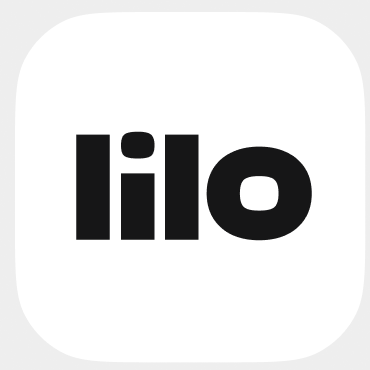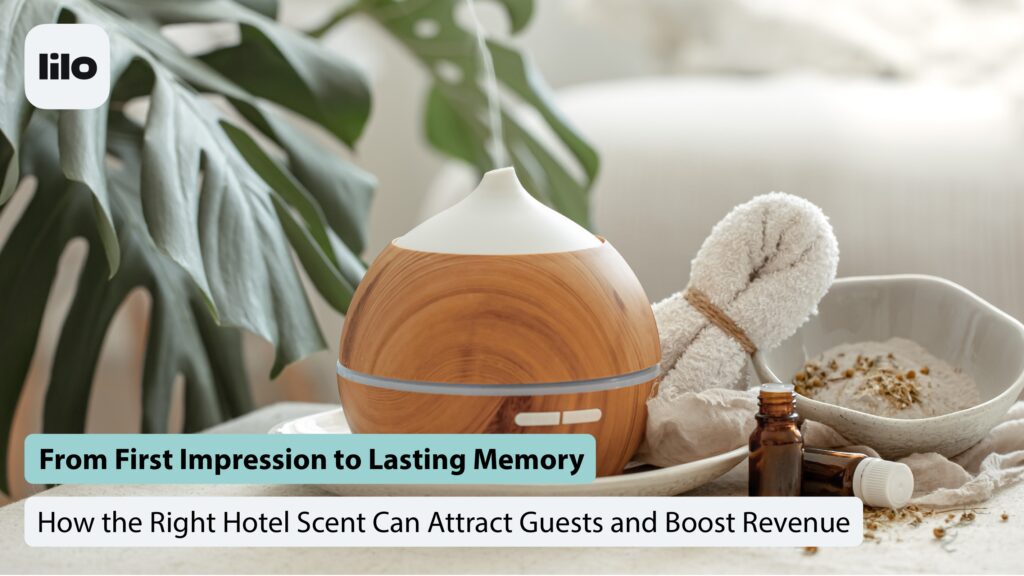Hotels constantly seek innovative ways to elevate the guest experience and stand out from the crowd.
While top-notch hotel amenities, plush furnishings, and impeccable service are important, one often-overlooked strategy holds immense potential: scent marketing.
The strategic use of hotel scents can –
- Evoke emotions
- Influence guest perception
- Create memorable experiences
- Drive more business
Here in this post, we will look at different ways hotel scents can drive more business in your hotel.
Repeat Business
Do you want guests to fondly reminisce about their stay at your hotel?
Perhaps, they could even recall the specific scents when considering their next vacation.
Pleasant scents can trigger vivid recollections because our sense of smell is closely linked to memory.
Studies by psychologists indicate that smells have a 65% chance of being remembered after a year.
Carefully selected hotel scents create a distinctive sensory experience that guests associate with their stay at your property.
This eventually translates into more positive reviews, repeat business, and word-of-mouth referrals.
Increase your Food & Beverage Revenue
A study published in the Journal of Marketing found that ambient scents can lead to customers spending 3% to 23% more in a retail setting.
This principle can be readily applied to the hospitality industry.
For example, the subtle scent of freshly baked cookies near the restaurant can entice guests to dine in.
Positive Impact of Scents on Perceived Value
Hotel rooms scented with a pleasant floral aroma are often perceived as being worth more than unscented rooms.
Luxury hotel scents can create a perception of increased value, allowing hotels to charge more for guest rooms and various amenities.
The key to successful scent marketing lies in selecting the right fragrances for different areas of your hotel.
The hotel lobby is your guest’s first impression. You can set the tone with uplifting and inviting scents like citrus fruits (e.g., grapefruit or lemon) with a touch of herbal notes.
For guest rooms, you can use calming hotel scent collections like lavender, chamomile, or sandalwood that promote restful sleep and leave a lasting impression of tranquility.
For meeting areas or coworking spaces, consider invigorating scents like peppermint, rosemary, or eucalyptus. These can help guests feel alert and engaged during meetings and conferences.
Increase Hotel Spa Sales
Scents in and around the spa area can encourage guests to unwind and indulge.
A calming aroma of lavender and chamomile scents in the spa area, for instance, can promote relaxation, while a citrusy aroma in the lobby can evoke feelings of energy and freshness.
This fragrant welcome instantly sets the tone for a rejuvenating experience.
Aromatherapy scents like lavender, ylang-ylang, or vanilla can create a tranquil and luxurious atmosphere, enhancing the spa experience for your guests.
Final Words
Scents offer a unique way to improve the guest experience, solidify your brand identity, and drive more business.
But, hotel general managers should remember that subtlety is key to successful scent marketing in the hospitality industry whether they use essential oils, candles, hotel scent diffusers or other such products.
However, not all guests appreciate strong scents, especially those with allergies or sensitivities. Overpowering scents can have the opposite effect.
Therefore, hotels should consider offering-
- Opt-out options for in-room scenting
- Hypoallergenic room choices
The utility of hotel scenting goes beyond creating a pleasant atmosphere.
You can also use scents to address specific challenges.
For instance, a light citrus fragrance in hallways can help mask unpleasant odors and create a fresh, clean impression.


